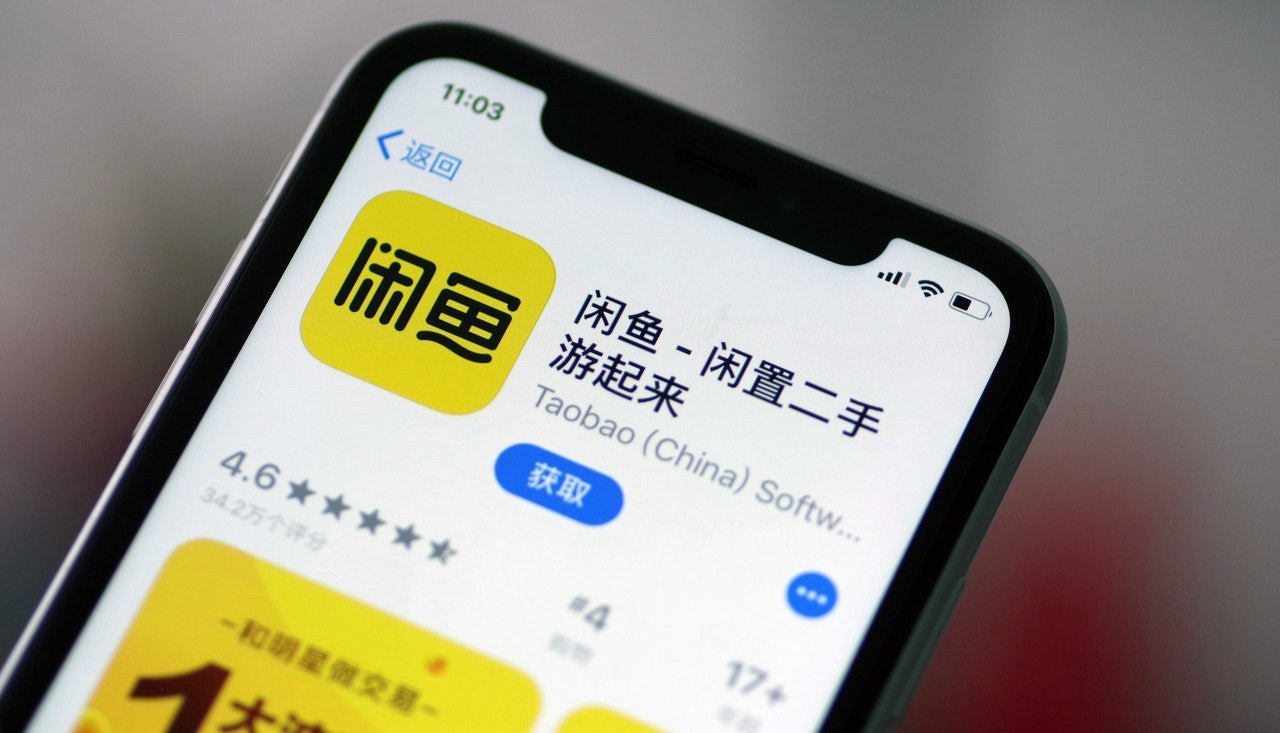Key Takeaways:#
- Luxury resale is booming in China, driven by younger consumers interested in sustainability, archive pieces, and owning hard-to-find pieces.
- Chinese luxury resale e-commerce platforms are attracting a flood of investment that could be applied to creating new brand extensions.
- Creating in-house fashion brands could help Chinese luxury resale sites carve out more market share and position themselves for long-term success against bigger e-commerce players.
Following years of steady growth, secondhand luxury e-commerce has become a red-hot space, with global players like The RealReal and Vestiaire Collective seeing greater opportunity (and intense competition) in emerging markets like China. The stereotype that Chinese consumers have little interest in buying secondhand is belied by a recent flood of investment in home-grown luxury resale platforms and a surge in consumer interest. With younger millennial and Gen Z consumers in China turning to luxury resale in greater numbers than ever, domestic firms are seeing new opportunities as they fight for dominance.
China’s luxury resale market revenue is still dwarfed by the overall luxury segment, with just $2.69 billion in sales in 2020 compared to $53.7 billion worth of new luxury products, according to data from Bain. But this gap is sure to narrow as spending by younger consumers increases. In China, as in other major markets, millennial and Gen Z shoppers are flocking to secondhand luxury thanks to their commitment to sustainability and reducing their carbon footprints, the trend for collecting hard-to-find archive pieces by top designers and brands, and the desire to own pieces that others might not be able to easily get their hands on.
A growing number of large and small Chinese tech companies have moved to launch dedicated resale e-commerce platforms. Secondhand online marketplaces such as the Alibaba-owned Idle Fish, which started as a consumer-to-consumer (C2C) platform in 2012 before opening up to business-to-consumer (B2C) brand users in 2019, are nothing new in China. Joining Idle Fish a few years later were Poizon, Plum, and Ponhu, followed by luxury livestreaming platform Feiyu’s move into secondhand sales in 2018.
As counterfeits remain a huge source of concern for Chinese consumers, there is greater demand for authenticated luxury in the vein of The RealReal. In May 2021, the Chinese luxury resale platform GoShare2 announced that it raised “tens of millions of U.S. dollars'' in Series C financing, and the market is heating up as established platforms such as Secoo (which primarily sells new products), Plum, and Yousheyipai fight for luxury market share.
Where the battle for luxury resale supremacy in China becomes really interesting is when we start to think of the potential extensions for e-commerce platforms in the sector.
Earlier this month, WWD reported thatThe RealReal is hiring for a senior fashion designer role and appears to be in the early stages of establishing an in-house fashion label. Although a representative for The RealReal brushed off the company’s job listing as a specific project-based position aimed at helping the company “explore potential avenues for sustainable creation” including the ReCollection upcycling program, the concept is also feasible for leading Chinese platforms.
From a competitiveness perspective, it would make sense for a Chinese resale platform to take a page from The RealReal’s ReCollection program, in which unsold goods from brands like Balenciaga and Jacquemus are repurposed into new limited-edition collections, to launch a line of upcycled, one-of-a-kind items. Such a move would be most compelling if a collaborative approach is taken, involving notable Chinese designers, influencers or celebrities. Similarly, the platform could promote the launch of its own brand in collaboration with a popular fashion personality and kick off a blanket marketing push.
Considering this opportunity from a content-commerce perspective, if anyone could make this work, it might be Alibaba’s Idle Fish. Although not specifically luxury focused, the platform has huge reach and has sold plenty of big-ticket items, such as a costume from the recent hit show “Word of Honor” that sold for $34,000 in a charity auction. Idle Fish could potentially work with top influencers and celebrities to create an upcycled collection or an owned brand, which could be promoted via Taobao Live and Tmall or Tmall Luxury Pavillion as well as other channels.

